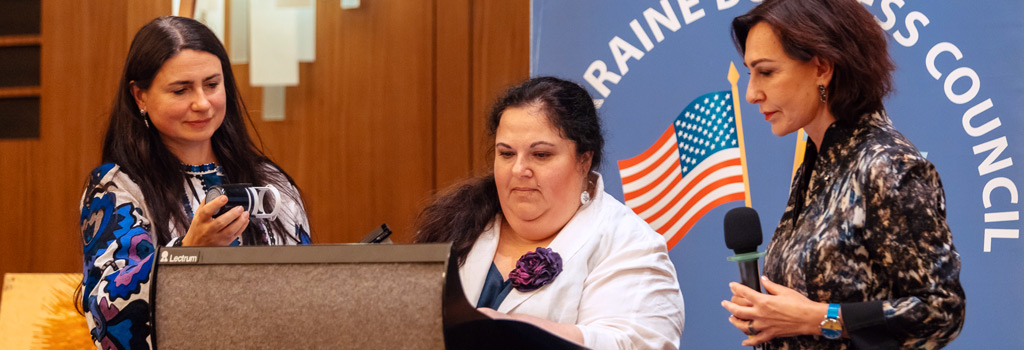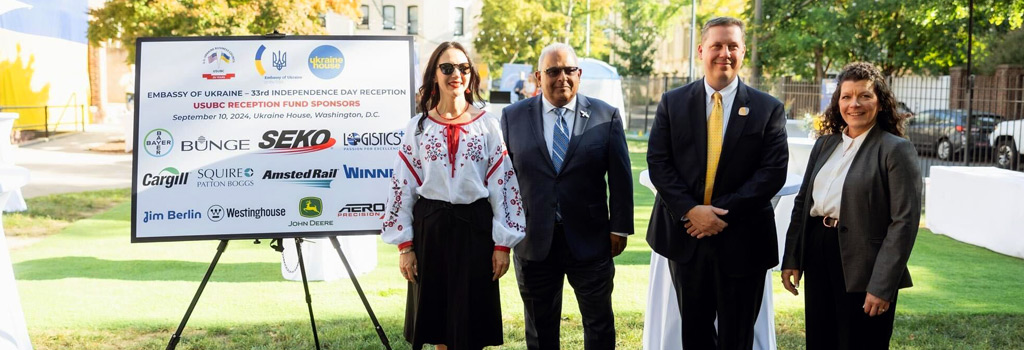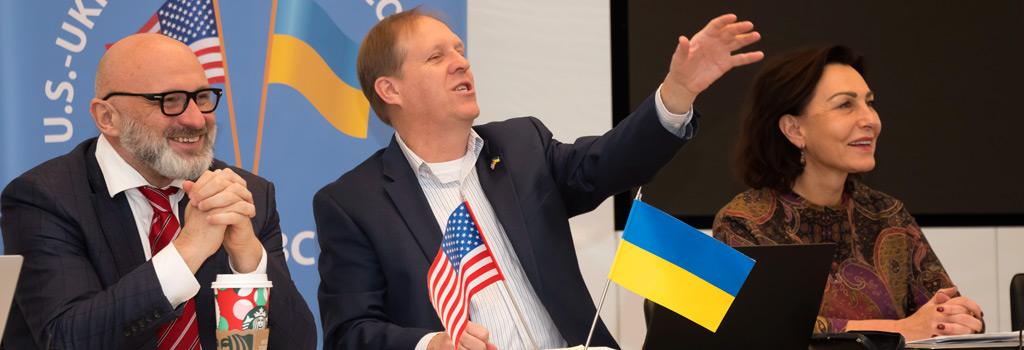|
The difference between Zelenskyi and Poroshenko: piecing together the evidence. In Ukraine, the debate heating up as the country prepares for the second round of presidential elections on 21 April. The two finalists to the second round, political novice, comic actor Volodymyr Zelenskyi who had taken the lead with over 30%, and incumbent President Petro Poroshenko who is trailing behind with under 16%, have camps of supporters who clash so severely that some fear Ukrainian society is getting irreversibly polarized.
Although both candidates declare their pro-western course, the supporters of Poroshenko accuse Zelenskyi to be tolerant to Russian aggression and unable to withstand Putin, serving oligarch Kolomoyskyi’s interests. At the same time, Poroshenko is accused of corruption. Though the existing evidence of corruption incriminates Poroshenko’s close colleagues who, admittedly, still walk free, and not him directly, this cloud of corruption overshadows any other Poroshenko’s achievements of the last 5 years. To understand where the real division between two groups of voters lies, let’s look on the most important strengths and faults of candidates, to which their supporters and opponents appeal.
Ukraine’s support for Zelenskyi tells about infantility of society – Iryna Bekeshkina. In the first round of Ukraine’s 2019 presidential elections, over 30% voted for comic-turned-presidential candidate Volodymyr Zelenskyi, while under 16% supported the incumbent President Petro Poroshenko, who was elected after the Euromaidan revolution sent Viktor Yanukovych fleeing to Russia. This happened despite the fact that Volodymyr Zelenskyi has zero political experience, is struggling to put together a team and program, avoids live interviews and debates on political issues, and gathered his impressive popularity rating thanks to ample airtime of his comic group Kvartal 95 and the TV series “Servant of the People,” where he plays the president of Ukraine, on the wavelengths of one of Ukraine’s largest TV channels belonging to oligarch Ihor Kolomoyskyi. This is at least surprising given the fact that Ukrainian society was thought of having matured after Euromaidan. We met with Iryna Bekeshkina, a Ukrainian sociologist who directs the Ilko Kucheriv “Democratic Initiatives” fund, on the sidelines of the Kyiv Security Forum to understand the Zelenskyi phenomenon amid changes among regular Ukrainians after the revolution of 2013-2014.
Meet team Zelenskyi: who are the allies of comedian striving to become Ukrainian president. On 18 April, at the evening TV show “Right to Power” on the 1+1 TV channel owned by oligarch Kolomoyskyi, Ukrainian presidential candidate Volodymyr Zelenskyi finally presented his team of 20 potential ministers and presidential aides. The presidential frontrunner didn’t mention the positions they could seat, but sight-read the activity areas they are going to oversee and mentioned that they would work in the administration of the would-be president.
Two days before the election runoff, we finally have a longer list of those who will oversee the activity areas of Zelenskyi as a president and who may head the ministries of defense and foreign affairs, secret service (SBU) and defense council (RNBO), as well as who may become the prosecutor general under Zelenskyi.
Here is what we know about the twenty in the order of their presentation at the TV show.
Sociology of Ukrainian elections: who votes for Zelenskyi/Poroshenko and why. By today, there is little doubt that Volodymyr Zelenskyi will win the second round of Ukraine’s presidential election on 21 April. The comic-turned-presidential candidate earned a little over 30% of votes in the first round on 31 March, compared to under 16% by his competitor, incumbent President Petro Poroshenko. The latest opinion poll by the Kyiv International Sociology Institute (KIIS) predicts that 48.4% will vote for Zelenskyi and 17% for Poroshenko in the second round. Some believe that Zelenskyi’s ratings testify that Ukrainians are tired of the old officials’ corrupt ways, while others stress that the choice tells abou the infantility of Ukrainian society. Meanwhile, a variety of sociological polls carried out since the first round allows understanding what is moving Ukrainian voters in their choice.
Hybrid war
|
 Holodomor Posters
Holodomor Posters

.jpg) Euromaidan Press...News and Views from Ukraine
Euromaidan Press...News and Views from Ukraine



















